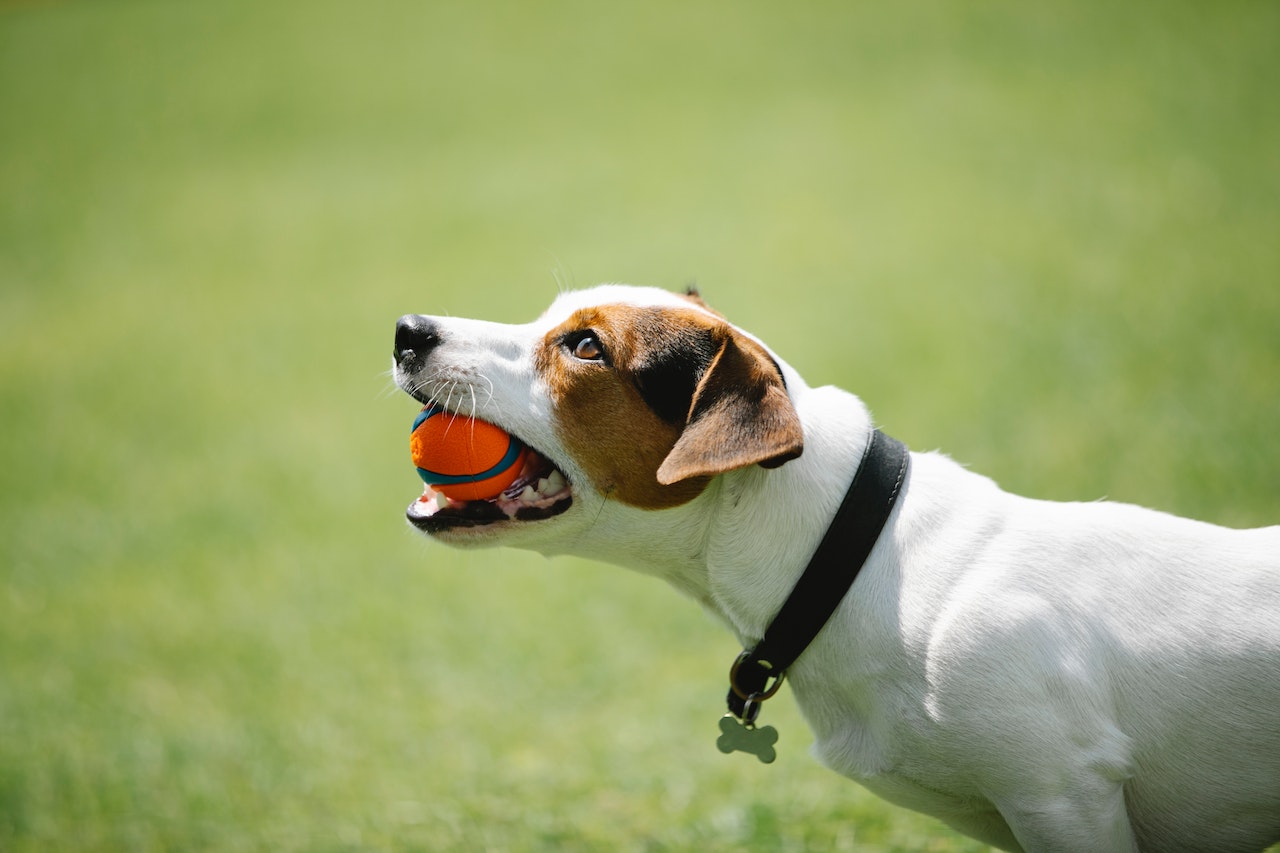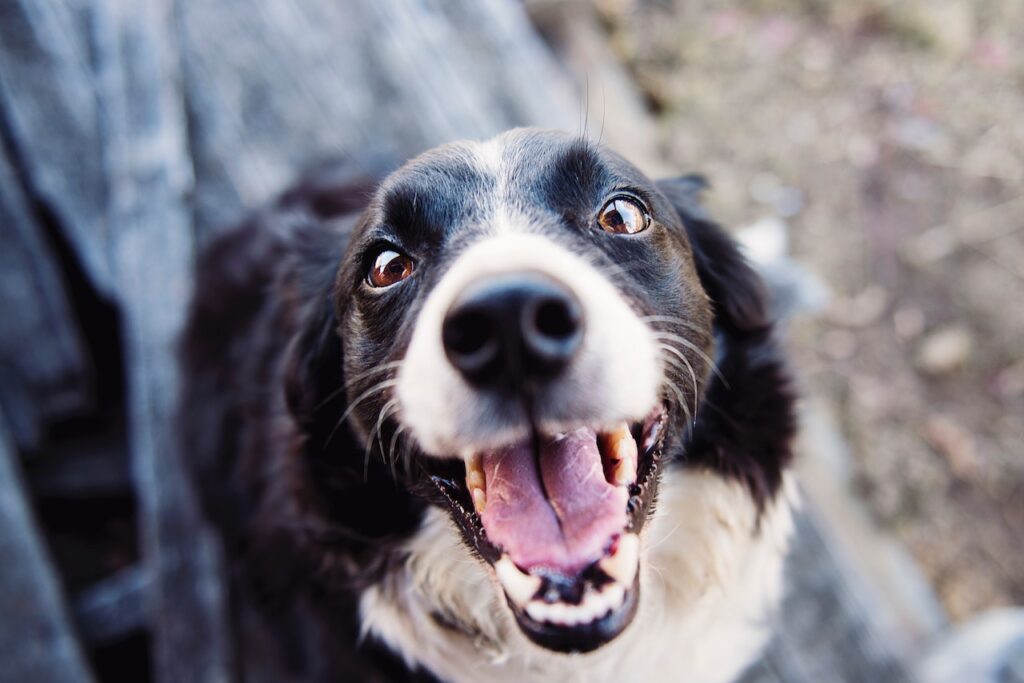Owning a dog can be a lovely life boost for many people, as not only are well-behaved dogs loyal, but attentive, and always in a good mood. For this reason, it can be nice to have someone with plenty of energy in your space, who will unconditionally love and be a ball of silly fun to play with when appropriate.
That said, dogs can also be a handful to take care of, even the small ones! For this reason, while it might be a great idea to give your grandparent or relative a dog of their own, if they’re unable to care for them, this can pose a problem. But never fear, because even if you have certain health conditions like mobility issues, looking after a dog can be prepared for correctly.
In this post, we hope to discuss how to go about that vital task. With a little care, support and positive intent, you’ll be amazed about the good you can do. In this post, we’ll discuss how to achieve that and the difference a little preparation can make.
Adequate Dog Training
It might take a little time, but with adequate dog training, a little pooch can take direction correctly from their owner. That’s important, especially if the owner might have a hard time directing them physically, such as stopping them from playfighting with another pet.
With in home dog training you can make certain that your dog is obedient and knows what the boundaries are. Moreover, this service comes to you, which makes it easier if you have a hard time traveling.
Set a Routine
Dogs thrive on routine, which is why it’s essential to keep one in the household. This way, you won’t have to badger them to behave how you like – for the most part, they’ll do what you expect when you expect it.
That might involve getting ready for a short morning walk, heading out into the garden and signaling when it’s time to do their business, or making certain they’re where they need to be for their morning and evening meals. A routine helps a dog understand what to expect, which makes it easier for you as a homeowner.
Choose the Right Breed
Some breeds may have certain needs. For example, huskies look fantastic but they also need to be worked in order to burn off their energy. That’s not helpful when you may have trouble going for long hikes or walks in the park.
The right breed could be a toy dog (though make sure they can be picked up), or even a very, very friendly dog with a jolly personality, such as a golden retriever. Avoid dogs that have a history of hunting or working hard, because they might not be conducive to your lifestyle.
With this advice, you’ll be sure to enjoy your best pet despite mobility issues. After all, health concerns shouldn’t limit you from enjoying the companionship of a lovely furry friend ready for your beck and call.
Photos from Pexels


2 thoughts on “Hope to Own a Dog, But Have Mobility Issues? Consider this Advice”